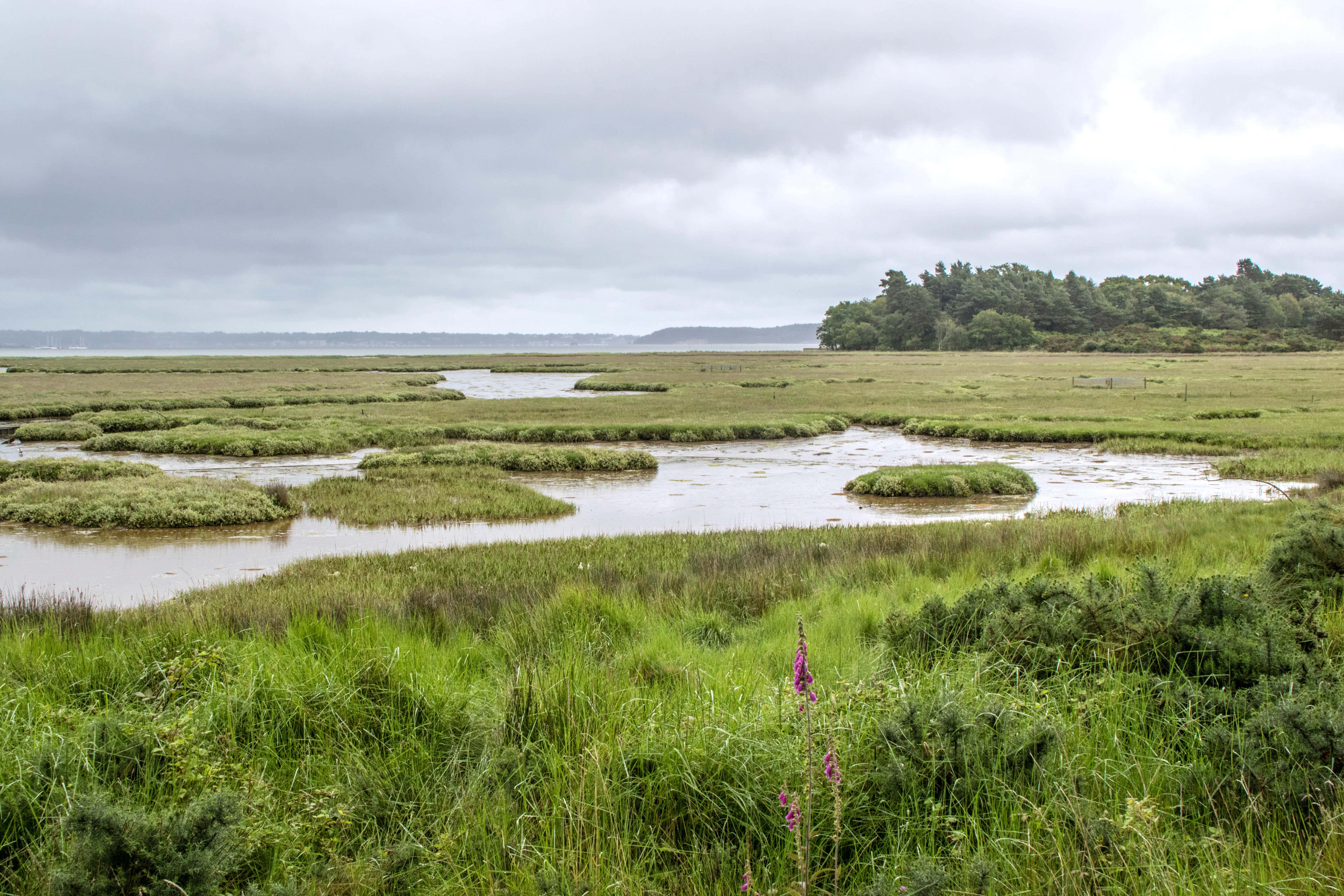Poole Harbour oil spill may have ‘devastating’ impact on local nature reserves
People have been urged to avoid using the water and beaches within Poole Harbour in Dorset after the leak.

Your support helps us to tell the story
From reproductive rights to climate change to Big Tech, The Independent is on the ground when the story is developing. Whether it's investigating the financials of Elon Musk's pro-Trump PAC or producing our latest documentary, 'The A Word', which shines a light on the American women fighting for reproductive rights, we know how important it is to parse out the facts from the messaging.
At such a critical moment in US history, we need reporters on the ground. Your donation allows us to keep sending journalists to speak to both sides of the story.
The Independent is trusted by Americans across the entire political spectrum. And unlike many other quality news outlets, we choose not to lock Americans out of our reporting and analysis with paywalls. We believe quality journalism should be available to everyone, paid for by those who can afford it.
Your support makes all the difference.Environmental charities and experts say the oil spill in Poole Harbour could have a “devastating” impact on sensitive nature reserves in the area.
Dr Malcolm Hudson, associate professor in environmental science at the University of Southampton, said: “While we don’t know the full extent of the leak yet, a spill in Poole Harbour raises particular concerns.
“It’s a very large enclosed bay – and so pollutants may not be flushed out quickly by the tides.
“Also, it’s a very low energy environment, so unlike a spill on an open coast there won’t be much wave action to help break down and disperse the oil.
“Poole Harbour is especially sensitive and internationally protected for the wildlife there.
Some oil deposits may be left behind on solid surfaces, mammals, aquatic life and humans that have been in contact with the discharge during the release period
“Thousands of birds nest there in the spring; they are just arriving and some of the overwintering birds haven’t left yet either. They are all vulnerable to floating oil.
“There’s also sensitive habitats like mudflats and salt marshes which could be damaged too.
“Meanwhile, there’s the human angle – people live and work in the marine, there’s a big shellfishery and tourism is a big part of the local economy.
“Not only is this potentially a serious environmental incident, it illustrates the risks we take if we place infrastructure like oil pipelines in such sensitive locations.”
Martin Barnes, marine response expert at environmental management company Ambipar, said the leak could leave deposits on animals if they come into contact with it.
He said: “The leak from the pipeline on Sunday was well reservoir fluid which is a brine mixture that contains an element of physical oil.
We need better protection for sensitive sites such as Poole Harbour
“The mixture will provide a visually unattractive sheen on the surface that will dissipate through evaporation during daylight hours.
“Some oil deposits may be left behind on solid surfaces, mammals, aquatic life and humans that have been in contact with the discharge during the release period.
“The deployed booms should contain any oil on the surface so it can be recovered.
“The brine element (water) of the discharge is also a hazard to the environment that will be very difficult to deal with as it will become diluted by the sea water, making it impossible to be recovered at sea.”
Richard Hill from the Marine Conservation Society said: “I am shocked and saddened to see yet another oil spill in UK waters. We need better protection for sensitive sites such as Poole Harbour.
“The seabird breeding season is about to take place and there are tern and gull colonies close by at Brownsea Island that may be vulnerable.
Poole Harbour will still be drenched in oil when ministers decide whether or not to give the green light to the controversial Rosebank oilfield later this week
“It would be awful for a future spill to impact on the wider area of the harbour, home to overwintering and breeding birds, or sensitive habitats such as the seagrass beds outside at Studland.
“This incident should be considered a warning to adequately protect sensitive sites and ensure that oil industry infrastructure is up to the task.
“We cannot allow these spills to continue to happen.”
Greenpeace UK’s climate campaigner Philip Evans said: “This latest spill demonstrates the environmental devastation that comes with oil and gas drilling.
“Poole Harbour will still be drenched in oil when ministers decide whether or not to give the green light to the controversial Rosebank oilfield later this week. Surely this should give them pause for thought.”
Alice Harrison, fossil fuels campaign leader at Global Witness, said: “Despite all the safety promises fossil fuel companies make, they simply cannot guarantee against these kinds of incidents. Sooner or later, this is the unavoidable reality of the oil industry.
“It’s baffling that there are still MPs in the UK Parliament who complain about wind and solar farms spoiling the British landscape when the alternative is toxic oil polluting our waters and killing our wildlife.”